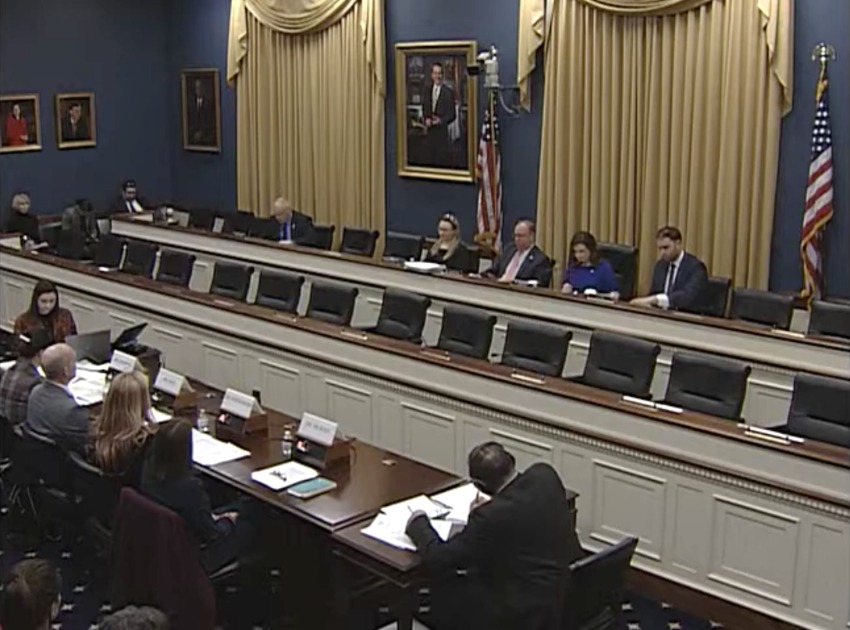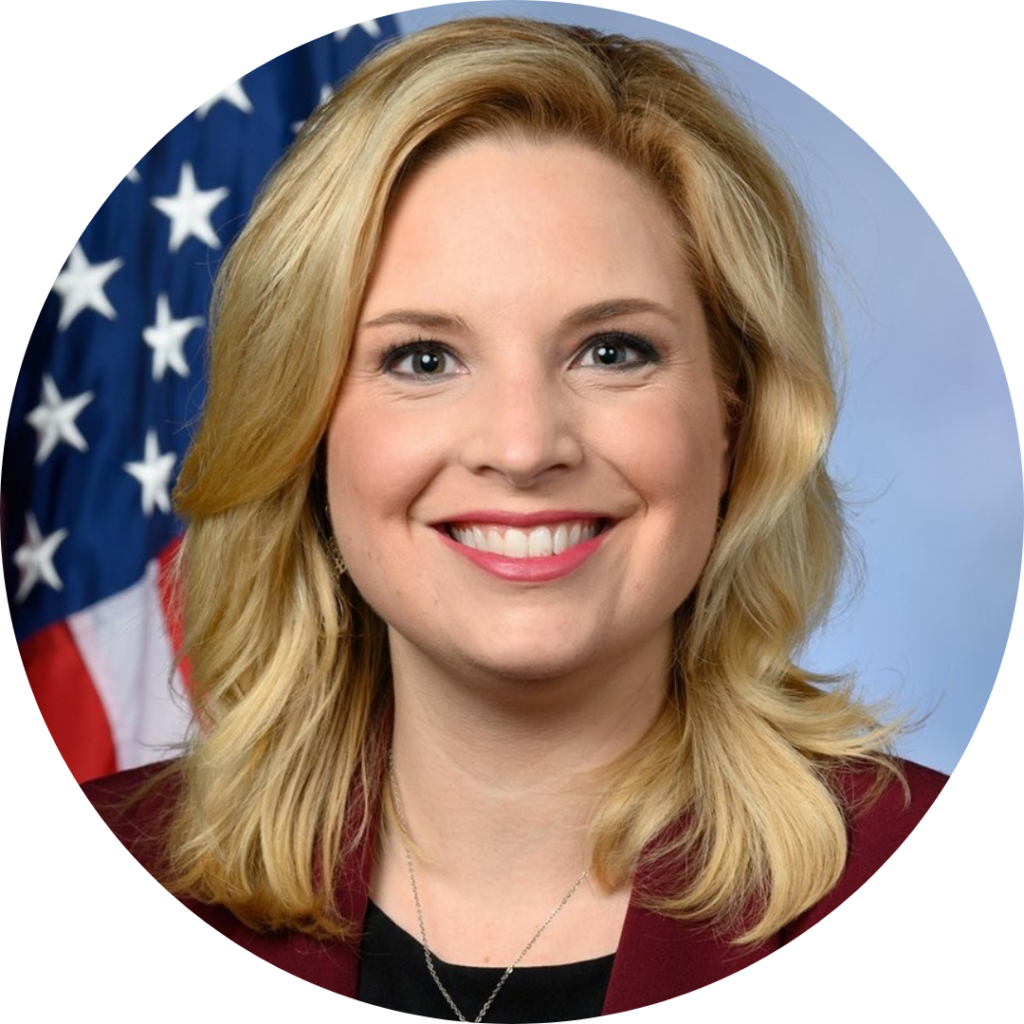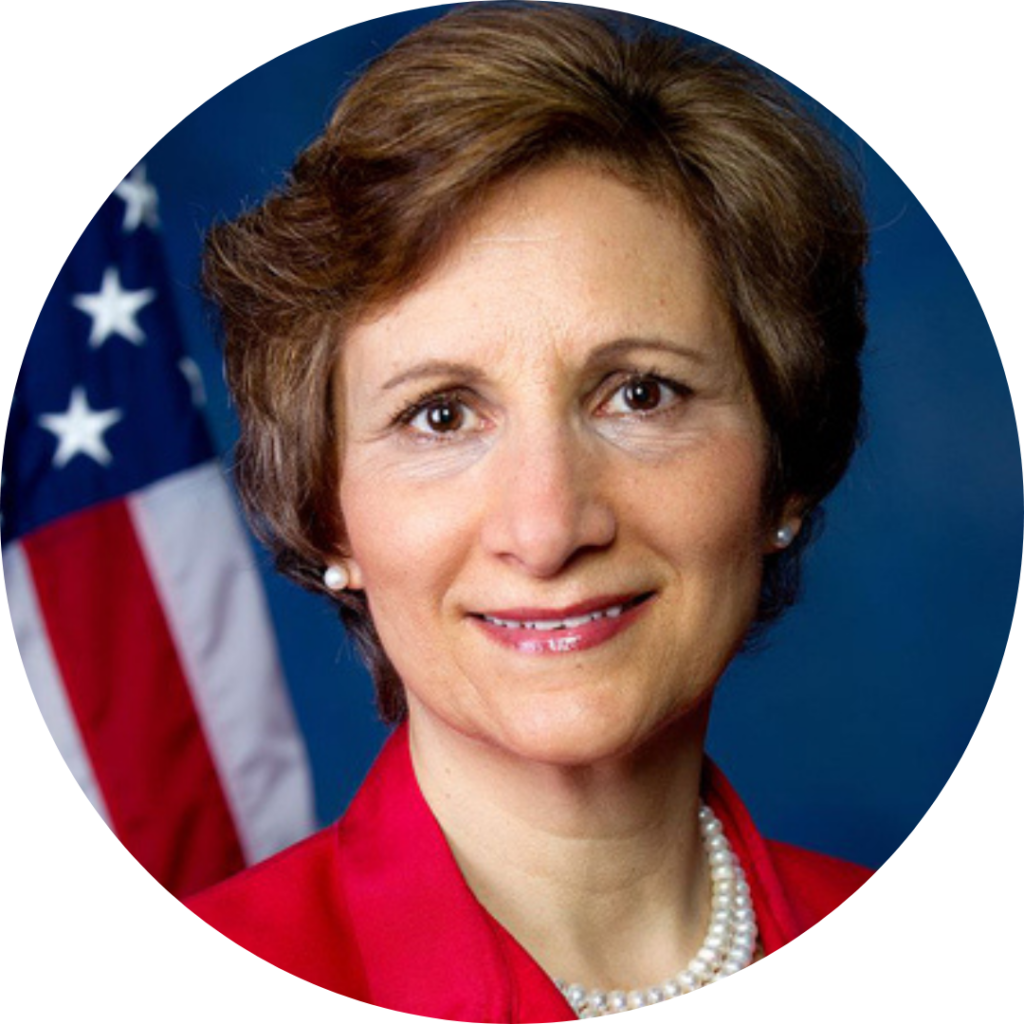Bipartisan Congressional Hearing Examines The Importance of Child Care to Local Economies

Yesterday, small business leaders, early childhood advocates, and researchers gathered in front of the House Committee on Small Business Subcommittee on Rural Development, Agriculture, Trade, and Entrepreneurship for a bipartisan Congressional hearing, “Taking Care of Business: How Childcare is Important for Regional Economies. Lawmakers and witnesses examined how increasing access to child care can benefit families and communities.
The witnesses called to testify before the committee were; Cindy Cisneros, Vice President of Education Programs on the Committee for Economic Development, Dan Levi, President of Levi Architecture, PLC, Sarah Piepenburg, owner of Vinaigrette, and Dr. Veronique de Rugy, Senior Research Fellow at the Mercatus Center of George Mason University.
Chairwoman Abby Finekenauer (D-IA) led the bipartisan discussion alongside Congressman Jim Hagedorn (R-MN), pointing out that rural and low-income communities are most harshly affected by the lack of access to quality, affordable care for their young children. “When parents can’t access affordable childcare, the effects are felt across our economy,” said Chairwoman Finkenauer. “For our rural businesses that already struggle to attract talented employees, access to childcare is another challenge they have to overcome when it comes to recruitment and retention.”
The hearing also examined the state of the small business child care industry, exploring the current environment for small businesses impacted by and operating in the child care industry and what Congress can do to ensure access to affordable childcare.
In addition to witness testimony, Congressman Pete Stauber (R-MN) also announced that he would be introducing bipartisan legislation with Congresswoman Susie Lee (D-NV) which would grant non-profit child care providers access to the same types of Small Business Administration (SBA) loans available to for-profit providers. The Small Business Child Care Investment Act is designed to lower costs to parents and give educators the support they need to provide quality care to the nation’s youngest learners.
Local economies thrive when employees have reliable care for their young children, and employers have a workforce that is not torn between showing up for work and showing up for their kids. Iowa small business owner and Co-Chair of the Black Hawk County Child Care Coalition, Dan Levi, emphasized the fact that “child care is an economic driver. When a community has child care available it is able to recruit and retain businesses, employees, and families.” This is true across state lines as Sarah Piepenburg, a small business owner from Minnesota, also made clear that when her first child was born, her only option was to forego work due to the high cost of infant care. She and her husband became self-employed specifically so they could manage their own schedules and avoid the high price of child care.
Experts in early learning and childhood development also testified. Cindy Cisneros, Vice President of Education Programs for the Committee for Economic Development, assured the committee that the struggles Piepenburg faced were not uncommon. “Without access to child care parents reduced their hours or drop out of the work force and 94% of those are women,” Cisneros said.
“Each community, each parent, and each child has unique wants and needs that are better served when choices are expanded,” added Rep. Hagedorn. “When there are more choices for child care, parents are more likely to obtain full time employment and promote economic developments in our communities.”
For more information, visit this site and to view the full hearing click here.
Subscribe to FFYF First Look
Every morning, FFYF reports on the latest child care & early learning news from across the country. Subscribe and take 5 minutes to know what's happening in early childhood education.



